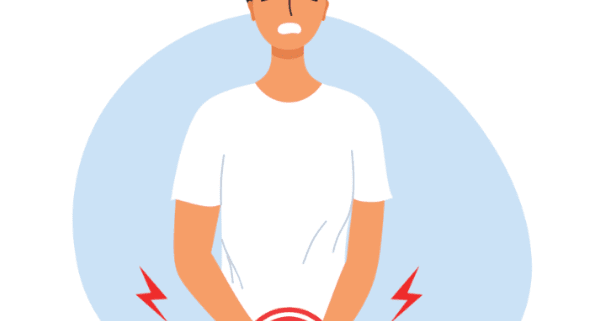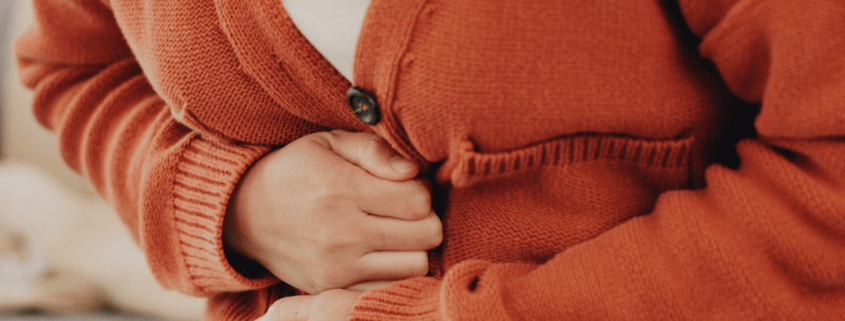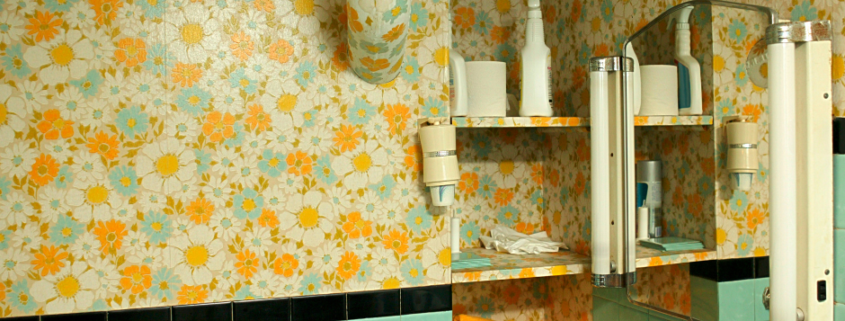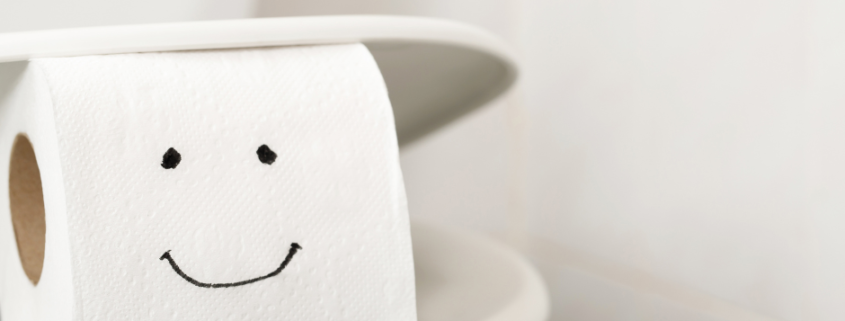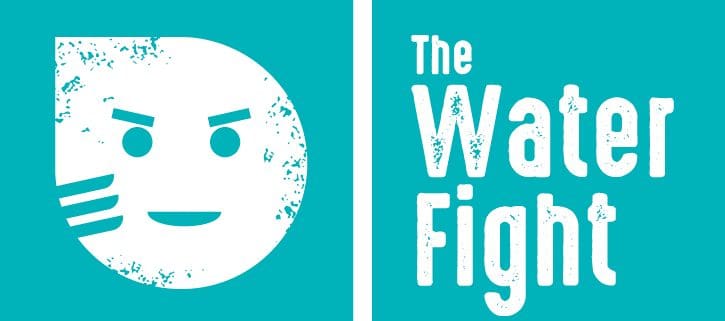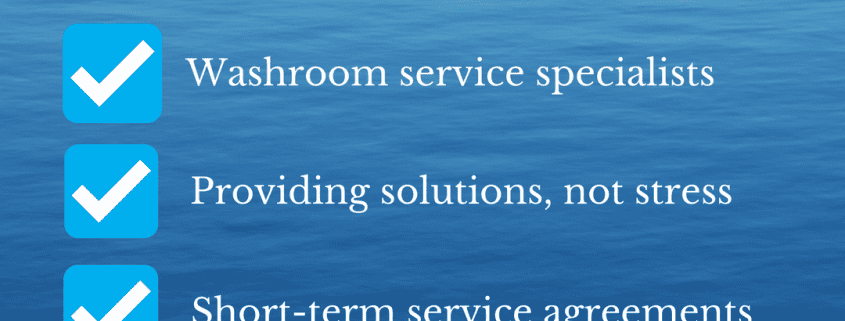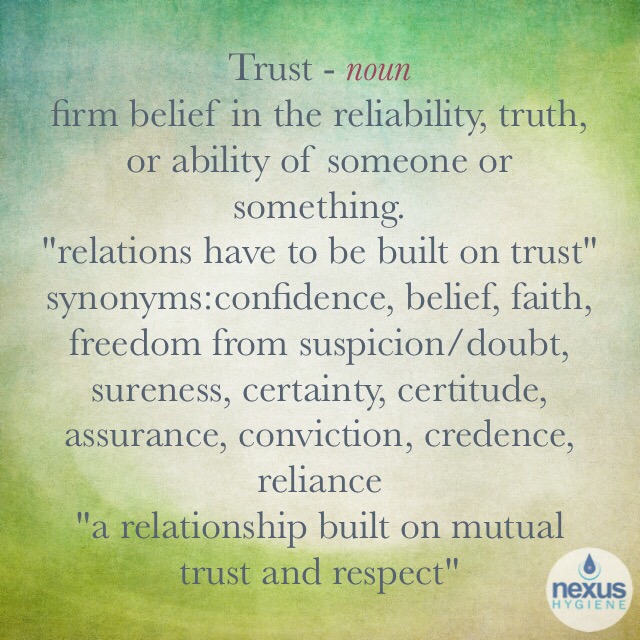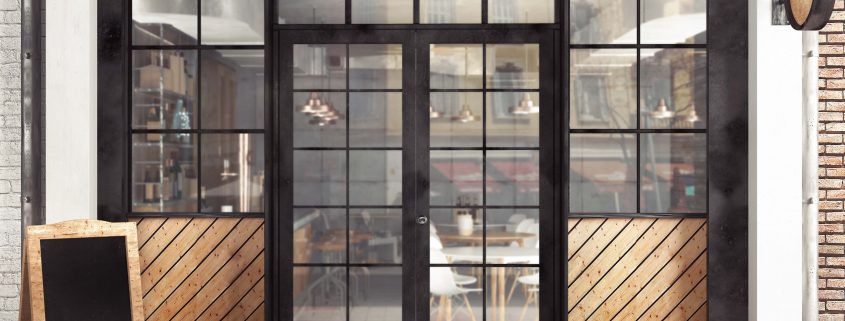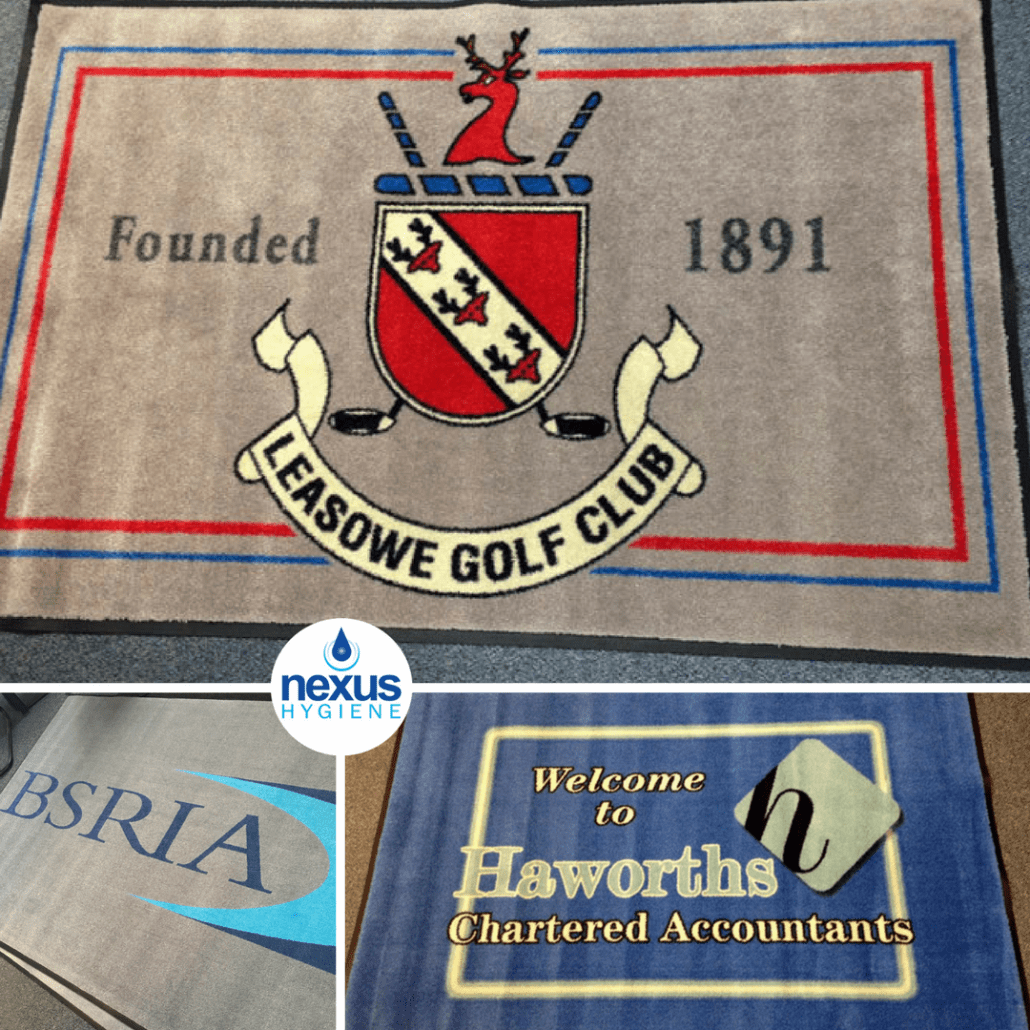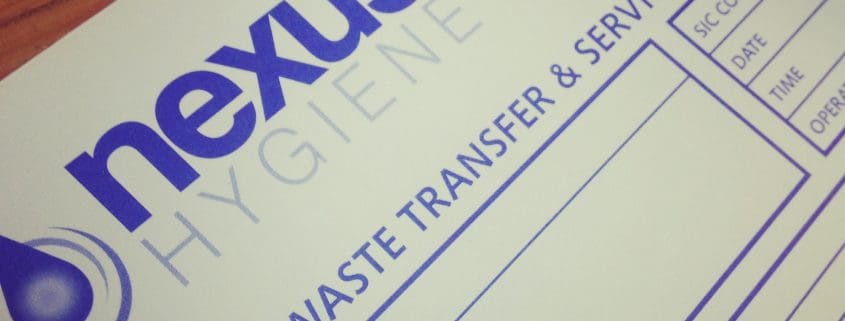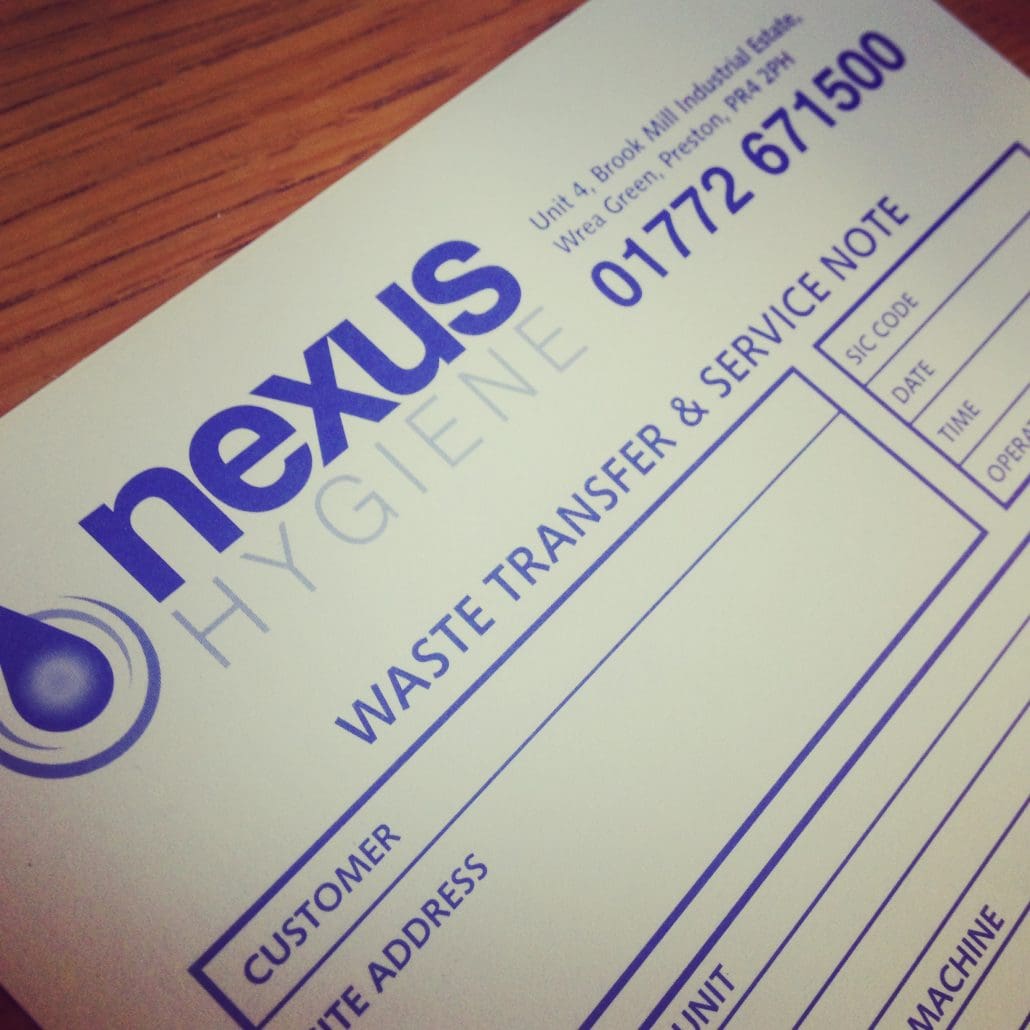The bathroom as we know it has come a long way — in prehistoric times, your bath could be 40 feet long, and if you visited the Palace of Versailles before 1768, there would be no toilets available at all, throughout over 700 rooms!
Prehistory — The Great Bath of Mohenjo-daro, the world’s oldest-standing public bathhouse, is constructed in Pakistan. It measures an impressive 880 square feet.
30th Century BC — The Sumerians of Mesopotamia built the oldest known toilets, consisting of deep pits lined with stacked ceramic tubes.
1300s — Edward III installs a bathroom in the Palace of Westminster.
1546 — King Henry VIII closes public bathhouses, blaming them for the spread of sickness.
1596 — The flush toilet was invented by Sir John Harrington (although it did not become widespread until the mid-1800s, when Thomas Crapper patented the valve-and-siphon design)
1767— William Feetham invents the first modern shower.
1775 — Alexander Cummings invents the S-bend — the curved pipe under the toilet bowl that stops sewer gases from entering the home.
1800s — Wooden baths begin to fall out of favour, being replaced with copper tubs.
1848 — Ignaz Semmelweis, a Hungarian doctor, identifies handwashing as a way to prevent cross-contamination and infection.
1858 — The “Great Stink” in London (a very hot summer, in which the filthy River Thames became unbearably smelly), the government commissioned the building of the London sewer system. Before that, sewage would run through the streets and into the river!
1860s — Louis Pasteur, a French chemist, demonstrates that bacteria cause infection and disease rather than miasma (“bad air”) or spontaneous generation (the idea that bacteria was created by decay and disease, not the other way around). His work formed the beginning of modern Germ Theory, informing guidelines on sanitation and bathing to this day.
1889 — The electric water heater is invented.
1920s — Newly constructed council houses are built with indoor bathrooms for the first time.
1960s— The invention of tankless water heaters enables the public to install modern electric showers with an instant supply of hot water.
2013 — The UN designates November 19th as World Toilet Day, raising awareness of sanitation inequality and barriers to public health worldwide.
For help with modernising your bathroom in terms of supplies, hand dryers and other useful equipment and facilities, you can contact the Nexus team here.


